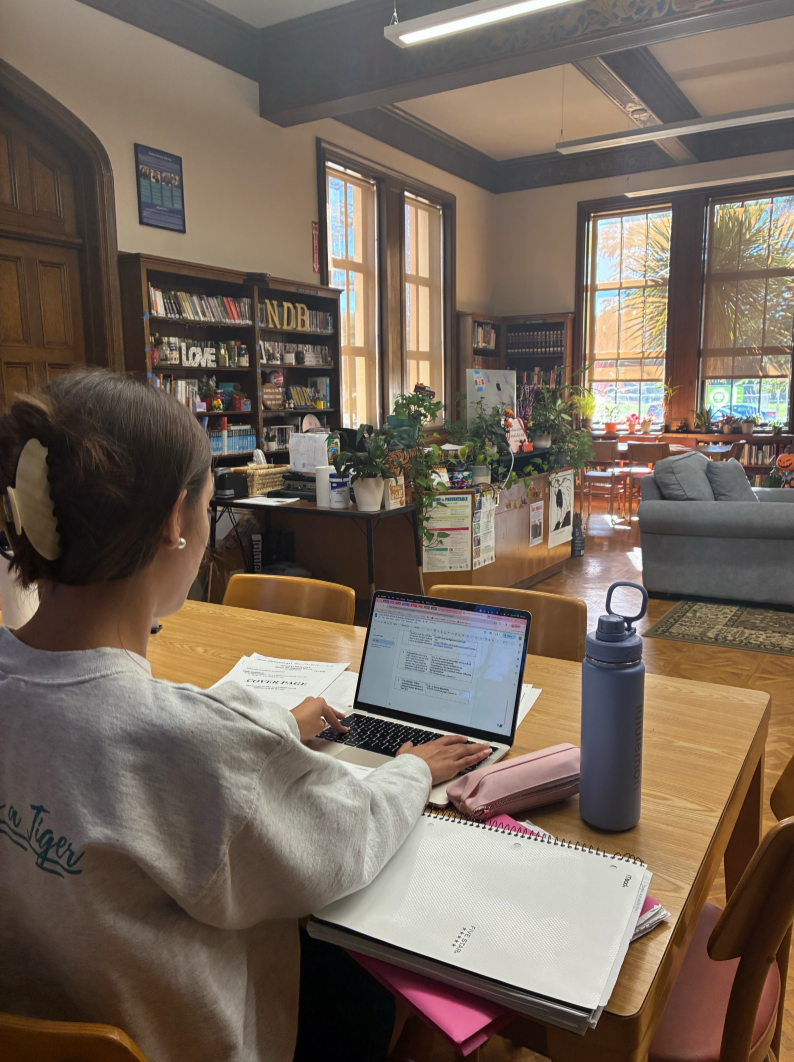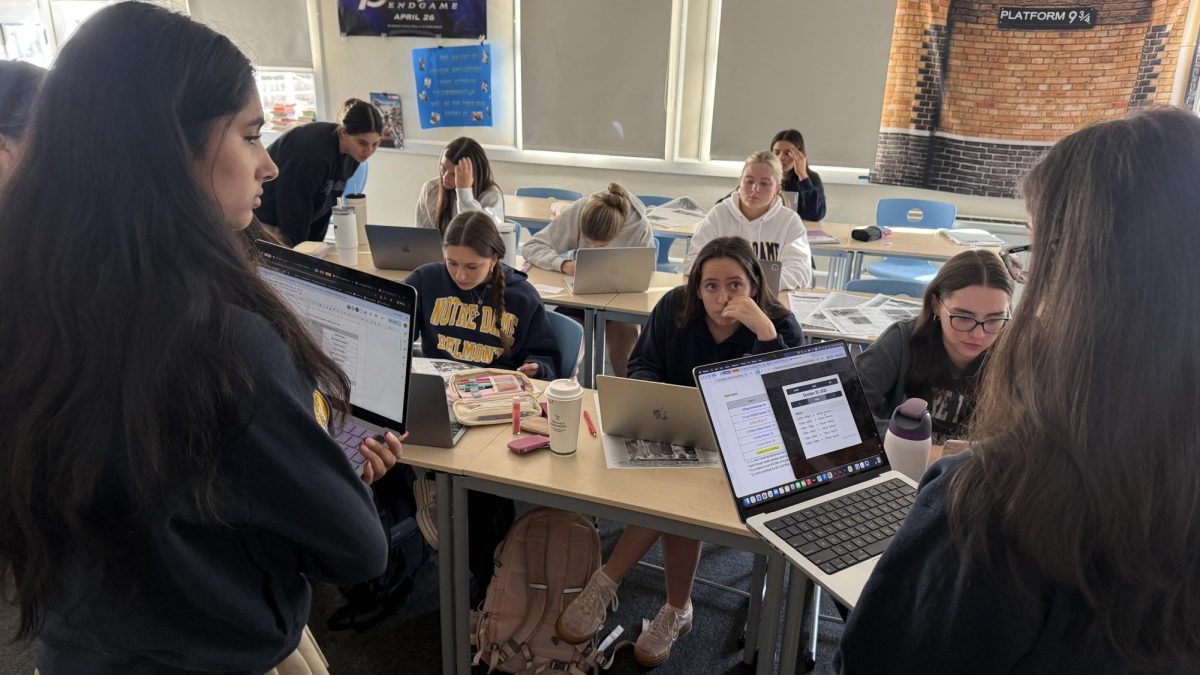September 26, 2025: This story has been updated to reflect the version that appeared in the print copy of The Catalyst, instead of an earlier online-only draft that was mistakenly uploaded.
“Numerous emigrants, of every lineage and language, attracted by the civil and religious freedom we enjoy and by our happy condition, annually crowd to our shores, and transfer their heart, not less than their allegiance, to the country whose dominion belongs alone to the people.”
These words are attributed to President James Polk, delivered to Congress on December 7, 1847. Now, 151 years later, this same message still holds true. The United States of America is home to over 51.3 million immigrants hailing from almost every country in the world. It is an indisputable fact that our nation is deeply rooted in values brought from across the globe as well as those of America, and that the culture of the United States is intertwined with the customs of dozens of other nations.
In addition to the millions of immigrants who have become naturalized citizens, millions more seek to immigrate to the United States; they are in pursuit of everything from increased civil liberties to opportunities to work and grow financially and everything in between.
While the majority of these people are well-meaning, hardworking individuals who would undoubtedly benefit the American economy and society, most spend years waiting for one of the numerically limited visas or “spots” to become available and allow them to enter the country legally.
Those who choose to follow this process pay application fees, undergo intensive screenings and attend interviews – a lengthy and painful process. Those who choose to enter the country illegally, however, make a mockery of their legal counterparts’ adherence to the rules. In bypassing America’s legal system, immigrants who enter unlawfully “cut the line” and force the government to spend limited resources on them, rather than on those lawfully trying to enter. Such immigrants do more than just take these resources from others; they also undermine America’s immigration system.
While it is unfair to paint all people who are unlawfully present with a broad brush, those who enter illegally or overstay their time in the United States disrespect our system of government, an indication that they may not abide by its other laws.
These immigrants have, on average, a net negative fiscal impact as they typically have lower incomes and a heavier reliance on government services. At the start of 2023, the cost of illegal immigration for American taxpayers was approximately $150.7 billion. The influx of these immigrants disproportionately harms communities with larger minority populations, as they strain an already inequitable system that allocates few resources to the needy.
Additionally, there is a concern throughout America about the many crimes committed by such immigrants in the U.S. While it is true that native and naturalized citizens also commit crimes, the core argument is that these specific crimes by these specific individuals are particularly troubling because they could have been prevented if they had not entered the country illegally. The very presence of these individuals who entered the country outside of legal avenues is the root cause of the problem.
This creates even more of a danger for American citizens who are put at a greater risk as criminals claim asylum and are able to wreak havoc on American soil.
While the spirit of welcoming those who seek a better life remains a critical part of the American identity, the consequences of illegal immigration demonstrate the need for a more secure and orderly system that keeps immigration in check.
Reforming immigration policy to prioritize legal pathways and ensure the safety and well-being of all residents is essential for addressing concerns of citizens and upholding the U.S. rule of law.










